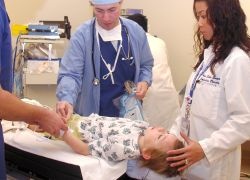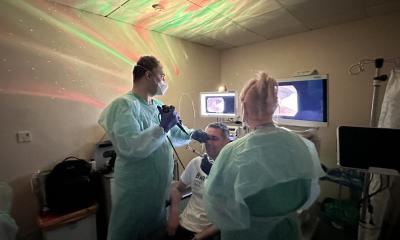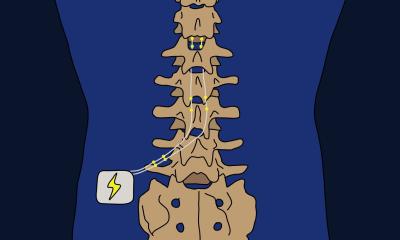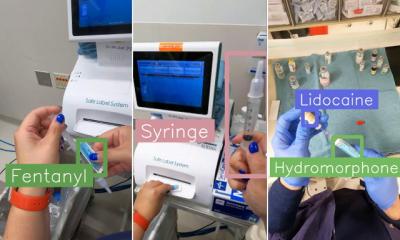New anaesthetic plaster available in the UK
A new plaster combines an innovative warming system with the two potent anaesthetics lidocaine and tetracaine. The warming of the skin increases vasodilatation and the blood vessel permeability, which accelerates the drug administration. EUSA Pharma's new product eliminates pain in 95% of patients after 30 minutes, providing a fast and effective surface anaesthesia of the skin.

EUSA Pharma's new Rapydan® plaster is indicated for use in the surface anaesthesia of the skin, allowing a painless needle puncture in adults and children (>3 years). It is a very important procedure in the preparation for anaesthesia. Venepuncture or venous cannulation are the two most common sources of distress in hospitalised children – 80 percent of pre-school children and 50 percent of school age children are afraid of needles. A needle puncture has a profound influence upon a child's experience and a sufficient surface anaestesia can help preventing needlephobia.
"The arrival of a new easy to use plaster for procedural pain management is exciting news for the medical community, as no patient should experience distress and pain when receiving injections," explains Dr Neil Morton, Pediatric Anaesthetist at the Royal Hospital for Sick Children, Glasgow, UK. "The benefits offered by Rapydan will give medical teams treating patients, especially sick children, a quick and reliable anaesthetic effect, while minimising patient fear and pain and freeing up valuable medical and nursing time."
"The arrival of Rapydan will help raise awareness within the medical and patient community that convenient and effective pain relief associated with injections is available," adds Dr Andy Jones, Medical Director, EUSA Pharma UK. "EUSA is pleased to offer this breakthrough option for pain relief to patients throughout the UK."
Please click here to read more information.
24.01.2008





